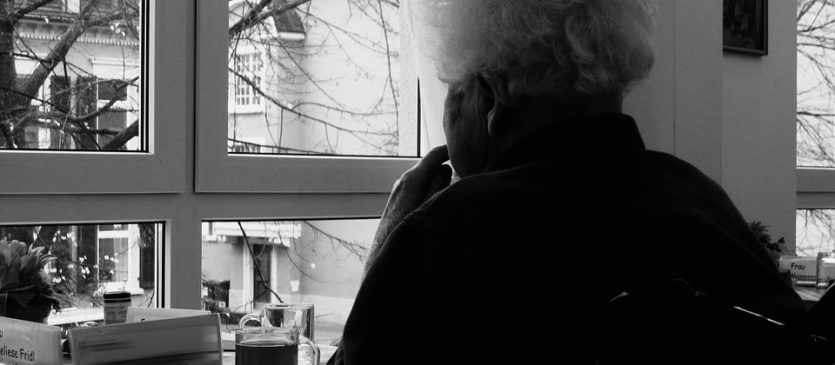We’re all aware of how severely hearing loss impacts on our quality of life. Despite this, it wasn’t until just a few years ago that the true extent of the damage caused by hearing loss and its long-term complications were completely understood.
Dr. Frank Lin, otologist and epidemiologist at the John Hopkins University School of Medicine, has been studying the links between hearing impairment and declining mental function for years. Having conducted several investigations, Dr Lin’s findings have been well-published and well-received across the board. In 2013, he and his research team released the startling results of one study, which identified a direct link between our hearing and our mental and cognitive health. They found that ‘rates of cognitive decline were linearly associated with the severity of an individual’s baseline hearing loss’.
30-40% accelerated rate of cognitive decline in those with hearing loss
Dr. Lin and his fellow researchers tracked 1,984 older adults from the US states of Pennsylvania and Tennessee, who were involved in the Health, Aging, Body Composition (Health ABC) Study. The average age of the volunteers was 77.4.
After following their progress for a period of six years, testing their hearing and cognitive abilities regularly along the way, Dr. Lin and his team found that “individuals with hearing loss had a 24% increased risk for incident cognitive impairment.”
Participants with hearing difficulties at the start of the study showed “a 30%-40% accelerated rate of cognitive decline…compared with individuals with normal hearing.”
The results of another study, published in January 2014, were even more shocking. 126 patients of the Baltimore Longitudinal Study on Aging (BLSA) had MRIs conducted over the course of 10 years. The results showed that “those with impaired hearing lost more than an additional cubic centimetre of brain tissue each year compared with those with normal hearing.”
It’s no small wonder, then, that Dr. Lin cautions the public to get serious about looking after their hearing.
Inaction exacerbates the consequences
Dr. Lin once stated that roughly 85% of people with hearing conditions don’t do anything about it.
Some may be feeling embarrassed about their hearing difficulties, perhaps even anxious, or possibly in denial. Feeling distressed is a normal response to such a condition, and is in fact a typical symptom.
Numerous studies, such as this one published in the Journal of the American Geriatrics Society, have highlighted the link between our emotional well-being and the state of our hearing. In addition, Dr. Lin’s studies show that “communication impairments caused by hearing loss can lead to social isolation and loneliness in older adults.”
Social isolation has also been found to be a well-known, contributing factor in the decline of mental function of elderly persons.
However, a lack of decisive action will cause far greater, and more complicated, issues further down the line. Though it may be hard to understand the soft-speaking cashier at the checkout, what happens if you can’t remember where you put your wallet?
Early detection is so important: Get your hearing checked!
Early detection and intervention are vital in preventing the suffering caused by the long-term effects of hearing loss – and especially in avoiding the potential development of dementia as a result of hearing loss. Book a free hearing test with us today!
Image credit: pixabay.com



